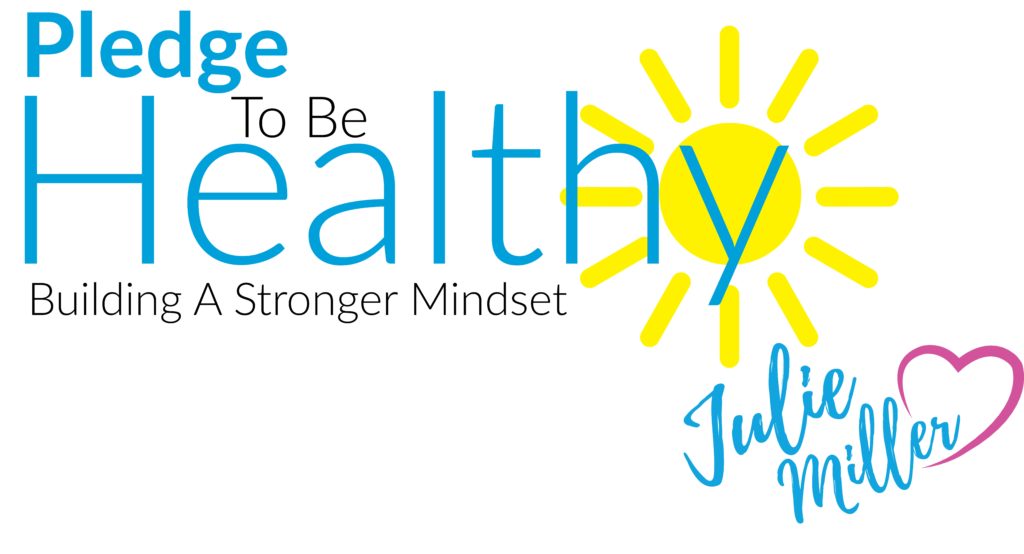Understanding Behavioral Economics.

Behavioral economics provides a framework to understand when and how people make errors. What is great to know is that lessons from behavioral economics can be used to create environments that nudge people toward wiser decisions and healthier lives.
A rational person is assumed to correctly weigh costs and benefits and calculate the best choices for themselves. The rational person is expected to know their preferences (both present and future), and never flip-flop between two contradictory desires. They have perfect self-control and can restrain impulses that may prevent him from achieving his long-term goals.
Traditional economics uses these assumptions to predict real human behavior. The standard policy advice that stems from this way of thinking is to give people as many choices as possible, and let them choose the one they like best. Individuals are in the best position to know what is best for them.
In contrast, behavioral economics shows that actual human beings do not act that way. People have limited cognitive abilities and a great deal of trouble exercising self-control. People often make choices that bear a mixed relationship to their own preference ( happiness). They tend to choose the option that has the greatest immediate appeal at the cost of long-term happiness, such as taking drugs or overeating.
They are profoundly influenced by context, and often have little idea of what they will prefer next year or even tomorrow. It seems that traditional economics and behavioral economics are describing two different species.” The latter shows that we are exceptionally inconsistent human beings. We choose a goal and then frequently act against it because self-control prevents us from implementing our goals.
Although the behavioral goal of an individual can be stated as maximizing happiness, reaching that goal requires contributions from several brain regions. In this respect, behavioral economics parallels cognitive psychology, which attempts to guide individuals toward more healthy behaviors by correcting cognitive and emotional barriers to the pursuit of genuine self-interest
In summary, the basic message of behavioral economics is that humans are hard-wired to make judgment errors and they need a nudge to make decisions that are in their own best interest. The understanding of where people go wrong can help people go right. This is why when people surround themselves with support and accountability it keeps them more focused and on track. It stops them from taking themselves out of achieving their goals when things get hard. Some people to this day under value and do not understand the POWER of support and accountability and continue to feel that they can go it lone, which soon turns into their mindset derailing them when things get hard.



